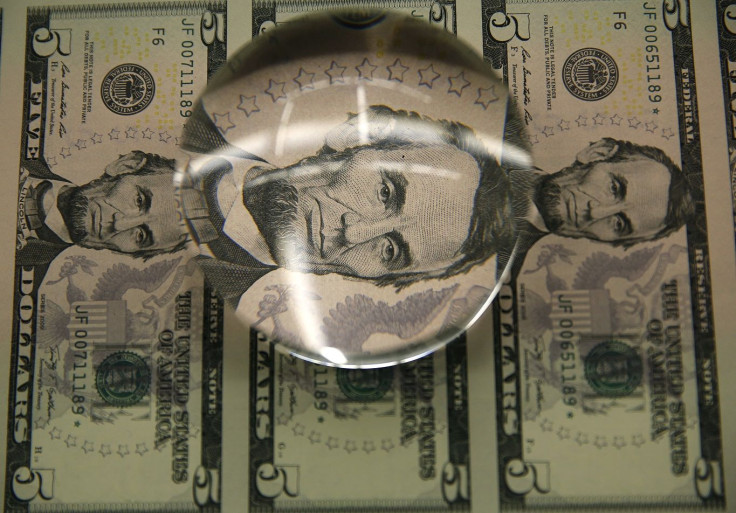Base Metals Close Higher On Positive Chinese Data, Weaker Dollar Value

Positive economic data from China is helping the base metals segment to recover from its past losses, according to a report. On Wednesday, prices of most industrial metals on the London Metal Exchange (LME) closed higher on news that the Chinese economy has finally returned to its old consumption habit.
According to Chinese press agency Xinhua, the growing service sector created by several expansions and new business openings in the country during the past three years. Emerging market data released by HSBC/Markit said the country’s Purchasing Managers’ Index (PMI) was 53.5 up from 52.9 in April and was well above the 50-point level that separated expansion from contraction.
However, two commodities in the segment failed to close with a price hike. Nickel closed 25 percent or US$32.5 [$42.2] weaker at 13,037.5 U.S. dollars a tonne while tin lost 0.16 percent (US$25) at 13,037.5 a tonne.
Three-month copper closed with a 0.2 percent increase (US$1.5) to US$6, 032.5 per tonne while three-month lead ended up by 0.77 percent (US$13.5) to US$1,759 per tonne. Three-month zinc also increased by 0.18 percent (US$4) to US$2,169 per tonne as three-month aluminium closed stronger by 0.8 percent to US$1,752 a tonne.
The sudden reversion of the U.S. dollar value within the day also helped the segment secure its strong finish on last trading. However, many traders believe that an options expiry at midday helped pin down prices. Reductions in speculative positions on the LME and additional purchases of at-the-money and downside calls could mean that weaker prices await select base metal items. Among the commodity items that remain precarious is nickel, which continuously fails to project a bull market rally despite favourable predictions from economists.
Investors, however, have found new hope in newcomers like Amur Minerals Corporation (London AIM:AMC), as their potential contribution in the segment can help offset the worsening global supply. Amur, with its newly obtained pre-production license from the Russian government, can now distribute its 90 million tonnes of nickel production to various consumers in the globe, especially to those who have been affected directly by the Indonesian exit.
Nickel slid on last trading as inventories increased to a fresh record. According to Reuters Africa, some investors have become extremely cautious about putting money on base metals due to Greek debt talks and uncertain U.S. payrolls employment data. Also, the possibility of having a stronger U.S. dollar on trading day discourages them to invest in industrial metals, as commodities priced in U.S. currency become more expensive for foreign buyers using other currencies.
However, some analysts still believe that nickel can still recover, especially if the strong data from China, which encourages local steel companies to consume more base metals, continues. "The whole macro environment is still positive and the change in stance by the Chinese authorities towards an easier policy is quite significant for commodity markets — any sell-off we see is likely to be muted," said analyst Daniel Hynes at ANZ in Sydney.
Contact the writer: a.lu@ibtimes.com.au





















